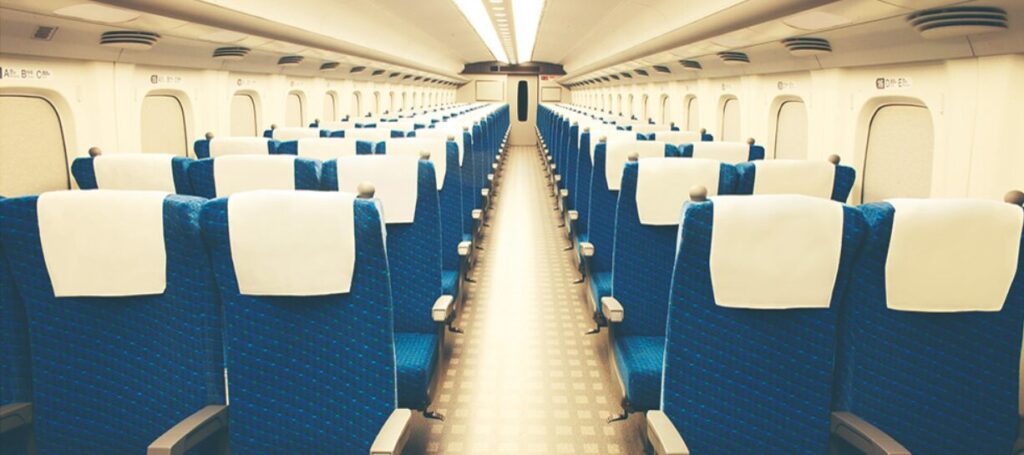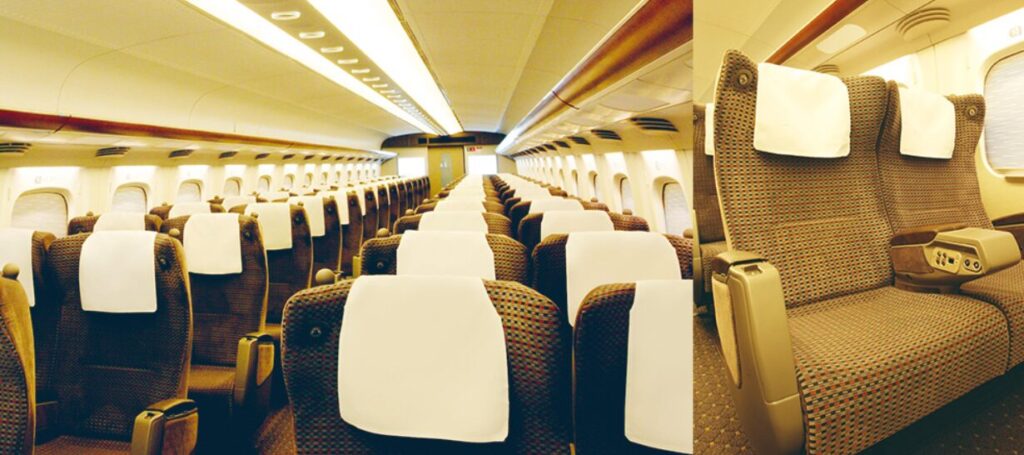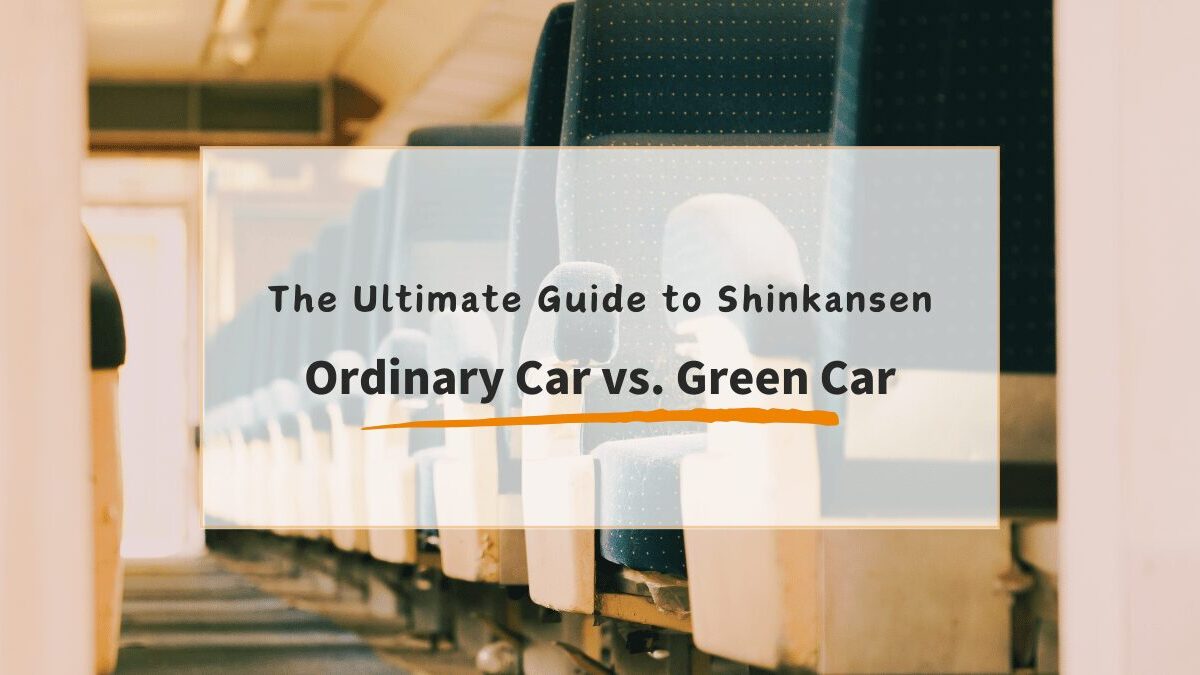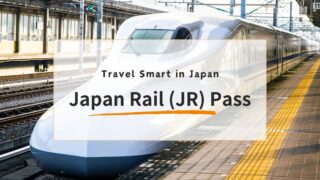Traveling by Shinkansen is one of the most enjoyable and efficient ways to explore Japan. However, if you’re planning your trip, you might wonder whether to choose the Ordinary/Standard car (普通車) or upgrade to the Green Car (グリーン車). Each has its own perks, suited for different preferences and travel needs. In this article, we’ll break down the key differences in seating, services, facilities, and costs, making it easy for you to decide which option is best for your journey.
Comparing the Pros and Cons of Ordinary and Green Cars


Let’s start from checking the Pros and Cons.
You can think of Ordinary Cars as the economy class on a flight—affordable and practical for most travelers. In contrast, the Green Car is like business class, offering more comfort, extra space, and premium amenities for a higher price.
| Seat types | Pros | Cons |
| Ordinary Car | Affordable, suitable for short trips | Limited space and fewer amenities |
| Green Car | Spacious seating, quiet atmosphere, extra amenities | Higher cost |
Is the Green Car Right for You? Here’s Who Should Consider Upgrading
The Green Car on the Shinkansen, offering more comfortable and spacious seats along with high-quality services, is popular among several types of passengers:
Business Professionals:
Individuals traveling for work who want to relax or continue working during their journey.
Tourists:
Visitors seeking a comfortable travel experience.
Elderly Passengers:
People looking for comfortable seating that reduces fatigue during long trips.
Families:
Parents with young children who benefit from the extra space.
Where is Green Cars located?
Green Cars on the Shinkansen are typically located in the middle or front section of the train, depending on the train model and route. Their placement is strategic for convenience and accessibility, often near key facilities such as restrooms or multi-purpose rooms.
Here’s a typical train configuration: Green Cars are located in the 8th, 9th, and 10th cars on this model.

Ordinary Car vs. Green Car: Key Differences You Should Know
| Category | Ordinary Car (普通車) | Green Car (グリーン車) |
|---|---|---|
| Seating Layout | Standard seating with a 2+3 configuration | Spacious seats in a 2+2 layout |
| Seat Comfort | Comfortable but slightly narrower | More legroom and reclining options, ideal for relaxing on long trips |
| Power Outlets | Outlets are typically available at window seats | All seats in the Green Car are equipped with power outlets |
| Amenities | Reclining seats | Foot rests, adjustable reclining seats, large back table |
| Food Service | The onboard sales cart service in ordinary cars has been discontinued on most trains | On-board sales service, mobile ordering service on certain trains |
Shinkansen Ticket Prices: Ordinary Car vs Green Car
To buy Green Car tickets, you can either purchase the JR Pass (Japan Rail Pass) before arriving in Japan, or you can buy single tickets, which can be purchased either before or after you arrive.
JR Pass – Ordinary Car vs Green Car
JR Pass Prices
(“Child” refers to children who are 6 to 11 years old at the time when the JR Pass is used.
*Prices are subject to change. Here are the prices as of January 2025. )
approx. $321
approx. $514
approx. $643
approx. $450
approx. $707
approx. $900
Single Ticket from Tokyo to Osaka
For example, a one-way ticket from Tokyo to Osaka costs approximately:
(Conversion rate as of January 2025)
Approx. 14,500 yen / $95
Approx. 19,400 yen / $123
Are Accessible Seats Available on Green Cars?
Accessible seats are limited on Green Cars. There is no Accessible seats on Green Cars on Tokaido Shinkansen (running between Tokyo and Osaka) and Sanyo Shinkansen (running between Osaka and Hakata).
These 3 lines below have Accessible Seats on Green Cars.
1. Hokuriku Shinkansen (Tokyo – Tsuruga)
2. Tohoku Shinkansen (Tokyo – Aomori)
3. Jyoetsu Shinkansen (Tokyo – Nigata)
Conclusion
In this article, we explored the pros and cons of Ordinary vs. Green Cars, helping you understand which option best suits your needs. Use this guide to make the best choice for your Japan trip on Shinkansen!
Klook.com

